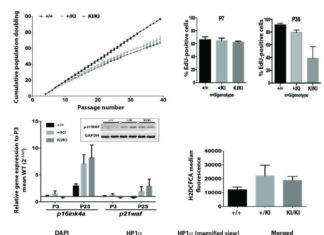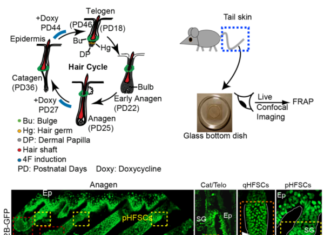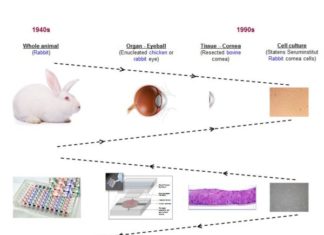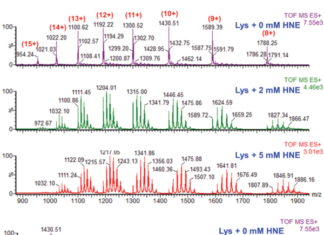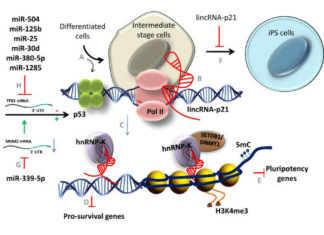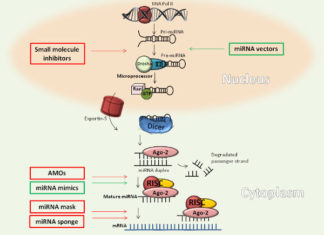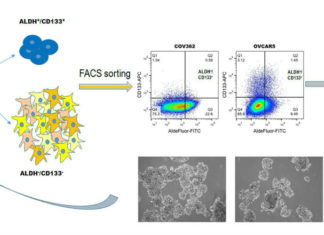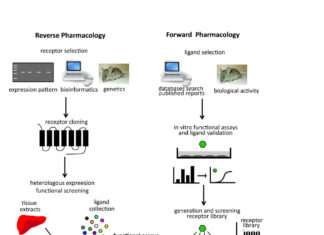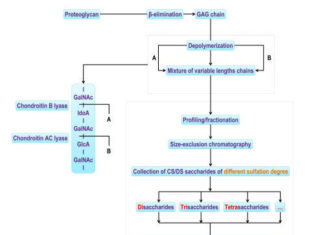Saravanakkumar Chennappan, Tanja Schulze, Ion Cristian Cirstea
Oncogenic H-Ras germline mutations are associated with Costello syndrome (CS), a developmental disorder characterised by the failure to thrive, skin and musculoskeletal abnormalities, cardiomyopathy, and susceptibility to tumour d
Jayhun Lee and Tudorita Tumbar
Cellular plasticity for fate acquisition is associated with distinct chromatin states, which include histone modi cations, dynamic association of chromatin factors with the DNA, and global chromatin compaction and nuclear organiza
Gertrude-Emilia Costin
Toxicology testing platforms represent the basis of the human health risk assessment process that determines whether a material or product may induce harm to humans upon exposure. Historically, safety assessment of raw ingredients
Roshanak Aslebagh, Kelly L. Wormwood, Devika Channaveerappa, Emmalyn J. Dupree, Izabela Sokolowska, Armand G. Ngounou Wetie, Sapan Patel, Marius Mihasan, Alisa G. Woods, Costel C. Darie
Great progress has been made in identification and characterization of proteins by mass spectrometry-based proteomics, but there is still a great challenge to identify and characterize post-translational modifications (PTMs) withi
Cristina-Sorina Catana, Diana Gulei, Ioana Berindan-Neagoe
P53 classifies as one of the main tumor suppressor gene and the identification of its direct transcriptional targets such as certain non-coding RNAs (ncRNAs) is important for understanding the development and progression of cancer
Diana Gulei, Ioana Berindan-Neagoe, George A Calin
MicroRNAs have become central players in the process of finding and implementing novel therapeutic strategies for the overcoming of the cancer associated heterogeneous effects. Their ability to target multiple coding genes in orde
Livia Elena Sima, Salvatore Condello, Daniela Elena Matei
Ovarian cancer (OC) is the deadliest gynecological malignancy. Characterized by frequent recurrences after standard chemotherapy and a pattern of dissemination in the peritoneal cavity, ovarian tumor development and progression ma
Sorin Tunaru
G-protein coupled receptors (GPCRs) form the largest group of transmembrane proteins in mammals, and they are major regulators of multiple cellular processes. Intense research performed in the last decades revealed their implicati
Adrian Cristian Robu, Laurentiu Popescu, Alina Diana Zamfir
During the past few years, in the field of glycosaminoglycomics, mass spectrometry (MS) emerged as one of the most efficient analytical techniques due to its valuable contribution to compositional and structural determination of v
Editor-in-Chief: OCTAVIAN POPESCU
Deputy Editor-in-Chief: ŞTEFANA-MARIA PETRESCU
Editorial team members: ALEXANDRU ALMĂŞANU (Cleveland, USA), RADU ARICESCU (Oxford, UK), DORINA AVRAM (Gainesville, USA), MIHAIL BARBOIU (Montpellier, France), MIHNEA BOŞTINĂ (Otago, New Zealand), GEORGE CĂLIN (houston, USA), MIHAI CIUBOTARIU (New Haven, USA), ŞTEFAN CONSTANTINESCU (Brussels, Belgium), GERTRUDE COSTIN (Gaithersburg, USA), ANETTE DAMERT (Cluj-Napoca, Romania), SORIN DRĂGHICI (Detroit, USA), JEAN DUBUISSON (Lille, France), ILEANA FĂRCĂŞANU (Bucharest, Romania), ELENA GANEA (Bucharest, Romania), MIRCEA IVAN (Indianapolis, USA), GABRIELA NEGROIU (Bucharest, Romania), NORICA NICHITA (Bucharest, Romania), ANDREI PETRESCU (Bucharest, Romania), FRANCES PLATT (Oxford, UK), ANCA ROŞEANU (Bucharest, Romania), OVIDIU SIRBU (Timisoara, Romania), DAN SIMIONESCU (Clemson, USA), CARMEN SOCACIU (Cluj-Napoca, Romania), ŞTEFAN SZEDLACSEK (Bucharest, Romania)
Editorial Secretary: ROXANA TUDOR
Computer Editing: SIMONA VERMAN



